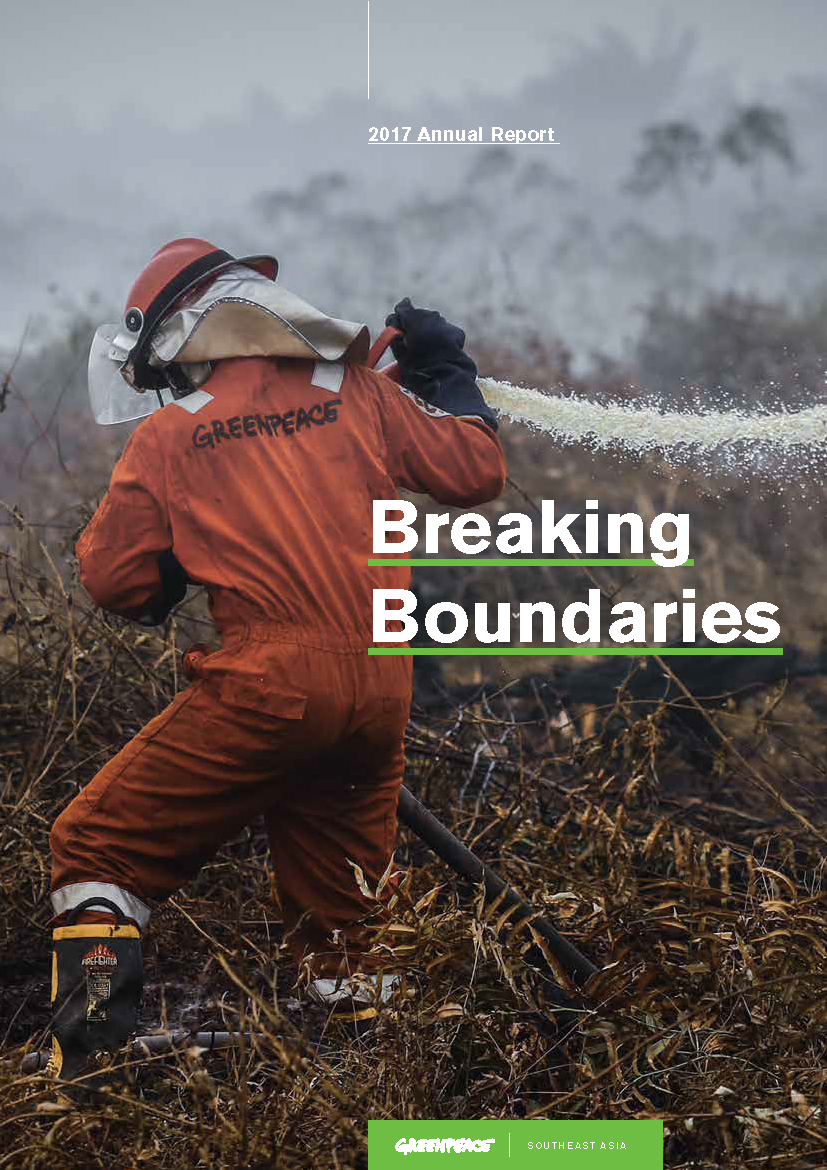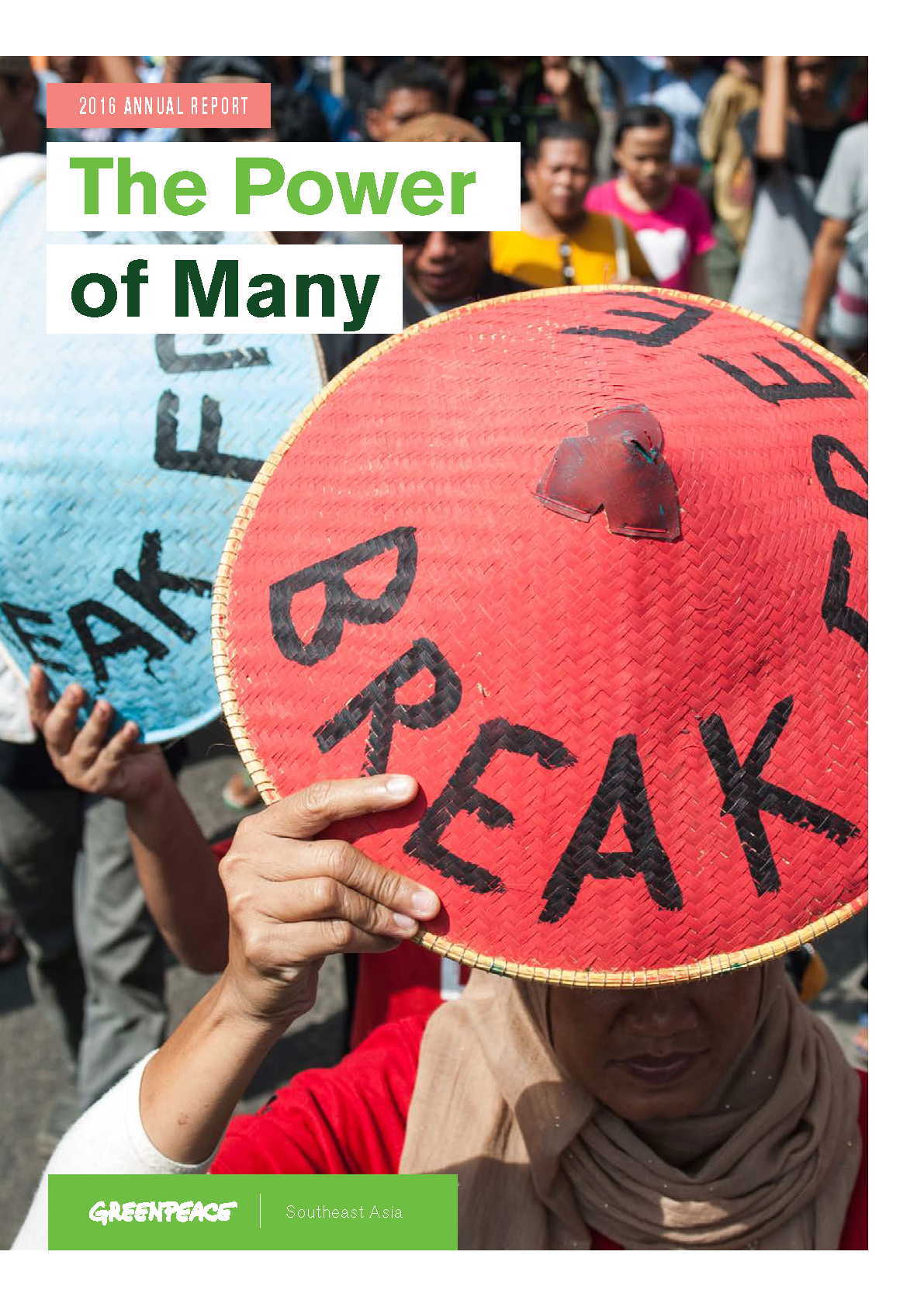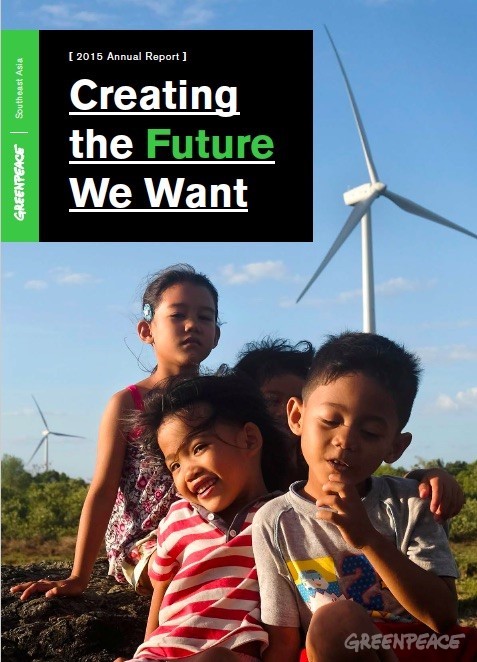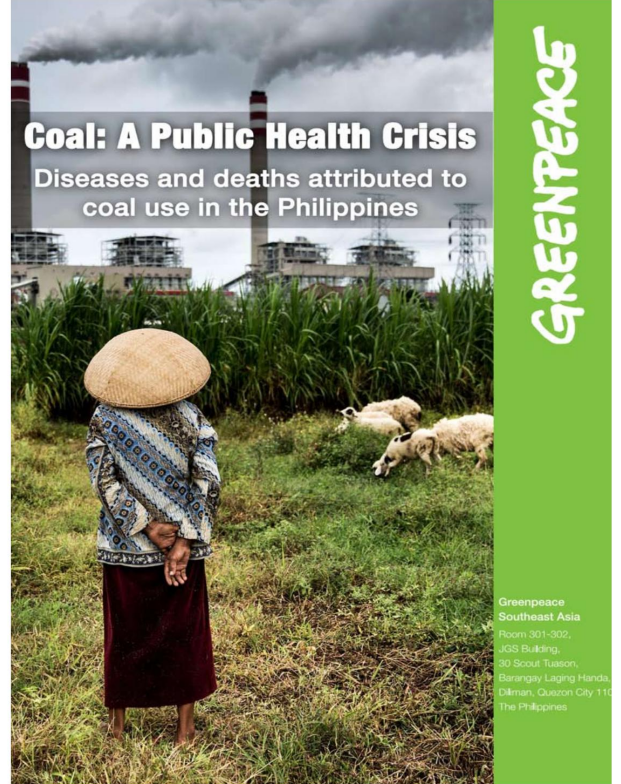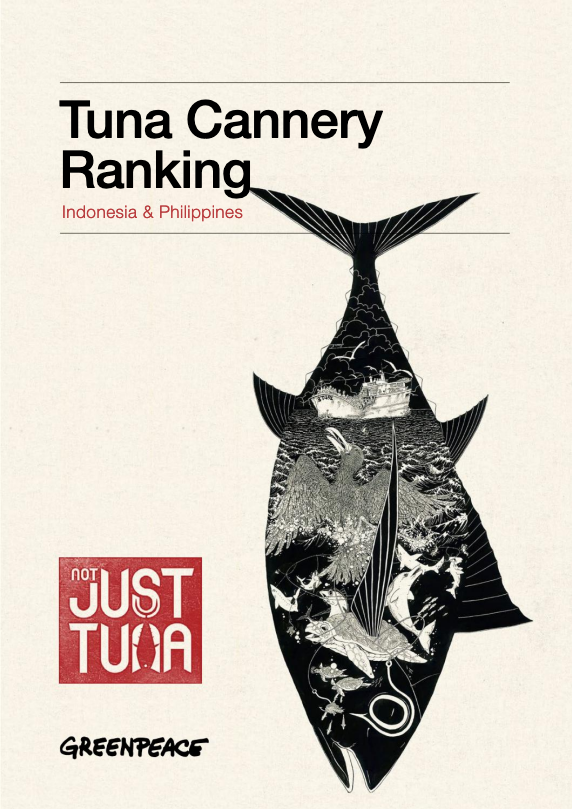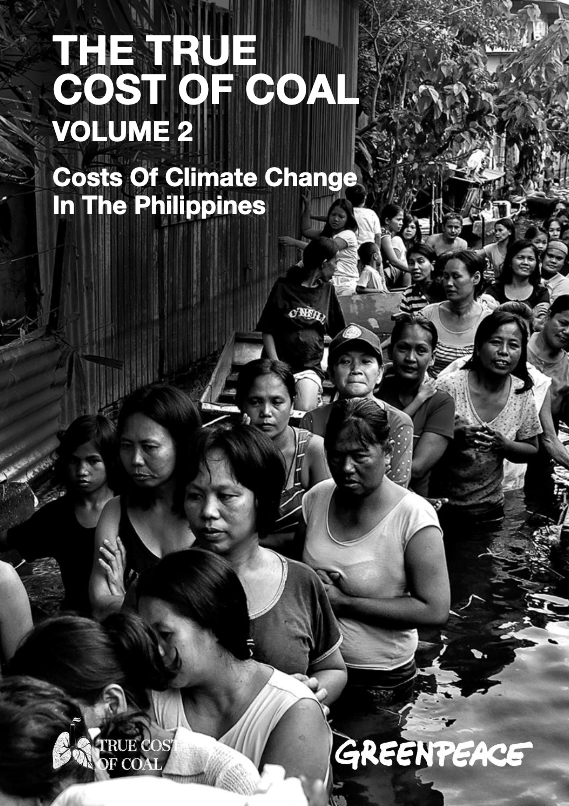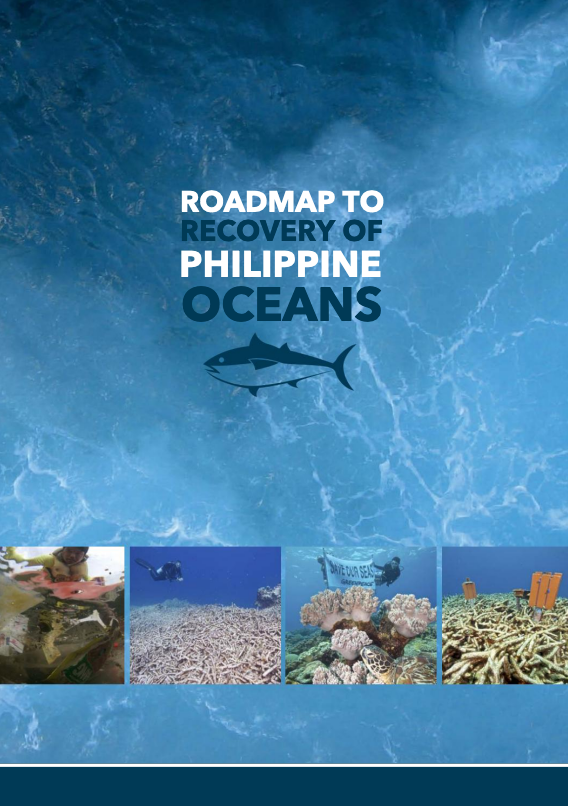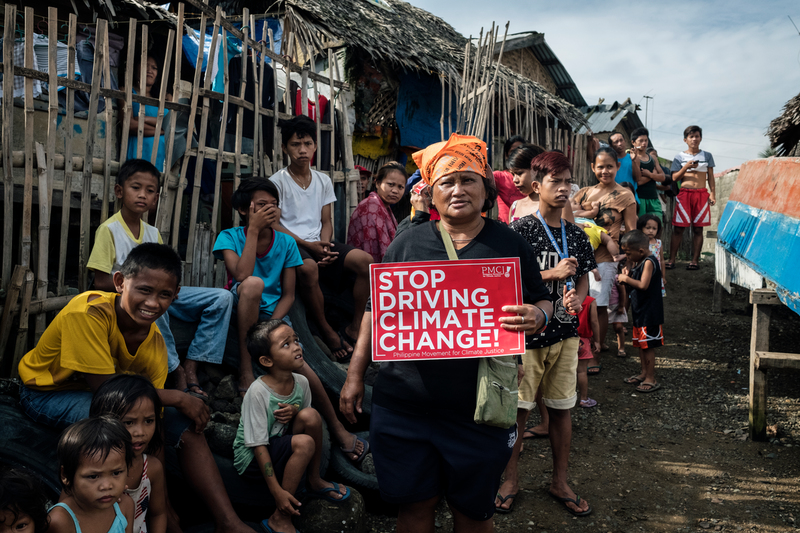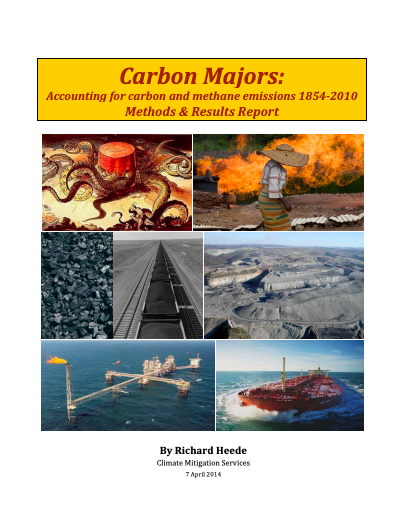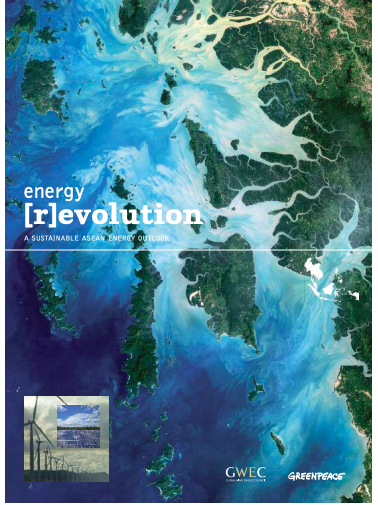All articles
-
Annual Report 2017: Breaking Boundaries
2017 was a challenging year for many around the world and so it proved for us at Greenpeace as we worked to meet those challenges head-on.
-
Annual Report 2016: The Power of Many
The year 2016 was a year of uncertainties. But it will go down in history as a year of resistance when hundreds of thousands stood together to defend their rights. 2016 was just the beginning. People are rising up.
-
Annual Report 2015: Creating the Future We Want
For the past decade and a half, we influenced decision-makers in the region by pioneering the call for a massive uptake of renewable energy, stopped forest destruction on the ground where it was happening, bore witness to Southeast Asia’s polluted waterways, legally challenged companies in order to keep our food systems sustainable, and worked with…
-
Coal: A Public Health Crisis
Coal is a major public health hazard. Each stage of the coal life cycle – mining, transportation, washing, combustion, and disposing of post-combustion wastes – carries health risks that lead to lung, heart and brain diseases, as well as work-related injuries. Burning coal affects the environment, human health and wildlife, and is a major contributor…
-
Tuna Cannery Ranking
Greenpeace Southeast Asia believes that consumers have a right to know where and how their tuna was caught. Modern consumers who are aware of their impact on the planet want to play a key role in preserving tuna resources for the enjoyment of future generations.
-
True Cost of Coal in the Philippines (Volume 2)
Given the economic, social and environmental havoc that climate change has wrought in the Philippines, embracing coal is a dangerous policy. Short term benefits of coal to some elite players…
-
Roadmap to Recovery of Philippine Oceans
The Roadmap to Recovery for the Philippine Oceans is an urgent proposal to reverse the deteriorating condition of the country’s marine resources – the need to safeguard the health of our oceans, the viability of coastal communities and national food security is the key guiding principle. The Aquino Administration will have a significant role to…
-
True Cost of Coal in the Philippines
Coal burning has existed for centuries. It powered the Industrial Revolution, changing the course of the world. At present it provides 29.9% of global primary energy needs and generates 41% of the world's electricity. It is also used in the production of 70% of the world’s steel. Total world coal production reached a record level…
-
Carbon majors: accounting for carbon and methane emissions 1854-2010
Climate change is no longer an abstract concept that scientists and environmentalists discuss, but a reality of many people’s lives. Over the past few years record breaking and extreme weather…
-
Energy [R]evolution: A Sustainable ASEAN Energy Outlook
Southeast Asia needs energy – sustainable, clean energy! Renewable energy is the solution to the region’s energy needs and it is undeniable that the potential for the 10-member countries of…

